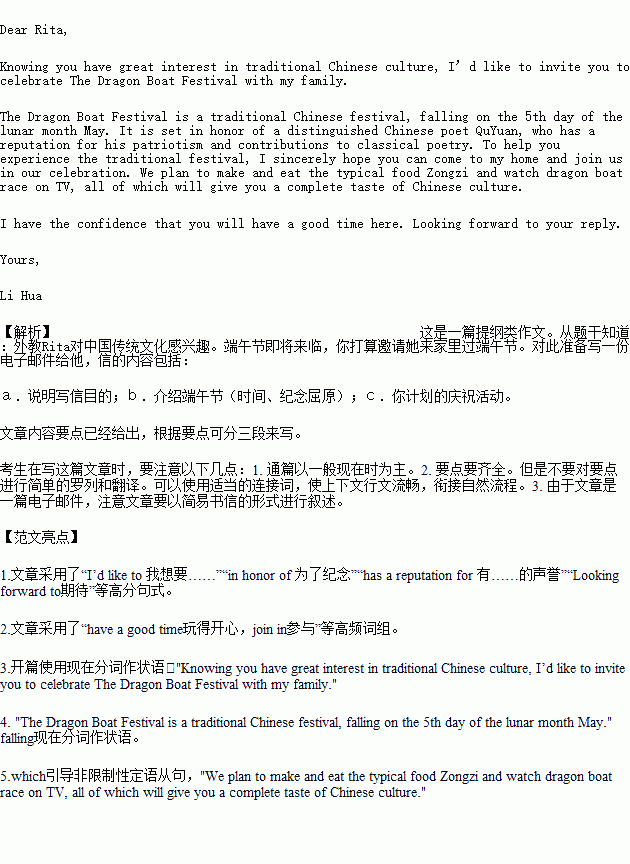题目内容
假如你是李华,你校外教Rita对中国传统文化感兴趣。端午节即将来临,你打算邀请她来家里过端午节。请写一份电子邮件给Rita,要点如下;
1.说明写信目的;
2.介绍端午节(时间、纪念屈原);
3.你计划的庆祝活动。
Dear Rita,
____________________________________________________________________________________________
____________________________________________________________________________________________
____________________________________________________________________________________________
____________________________________________________________________________________________
____________________________________________________________________________________________
____________________________________________________________________________________________
_______________________________________________________________________
Looking forward to your reply.
Yours,
Li Hua
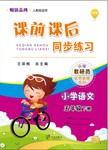 课前课后同步练习系列答案
课前课后同步练习系列答案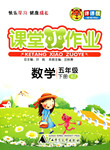 课堂小作业系列答案
课堂小作业系列答案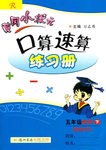 黄冈小状元口算速算练习册系列答案
黄冈小状元口算速算练习册系列答案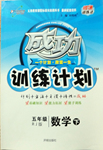 成功训练计划系列答案
成功训练计划系列答案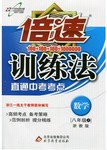 倍速训练法直通中考考点系列答案
倍速训练法直通中考考点系列答案